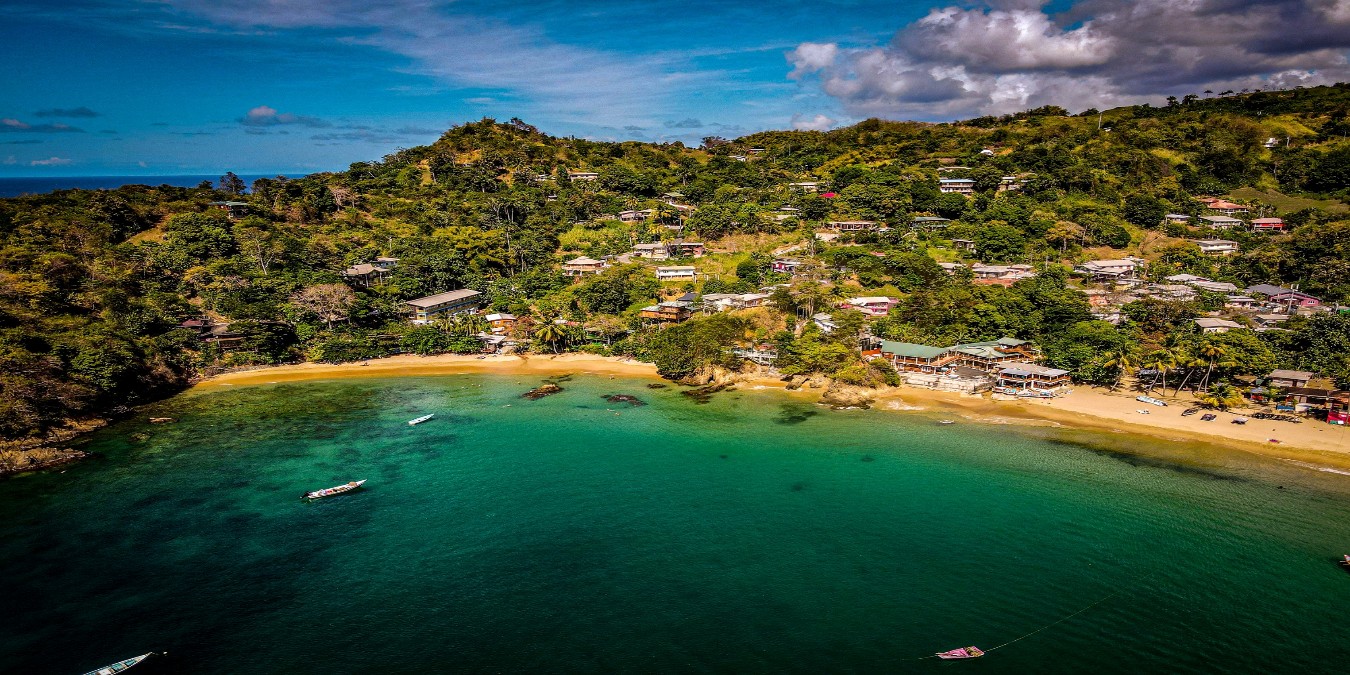Nestled on Tobago’s northwestern coast, Castara is more than just a beachside village; it is a living story of history, culture, and tradition.
Once home to the Kalina (Carib) people, Castara’s roots stretch deep into Tobago’s indigenous past. The Kalina were skilled seafarers and agriculturalists, shaping the early rhythms of life along these shores. Their legacy remains woven into the identity of this serene fishing village.
Over the centuries, Tobago’s colonial history saw the island shift between Spanish, Dutch, French, and British rule. While much of Tobago was dominated by plantation life, Castara held on to its smaller-scale charm. Fishing and subsistence farming anchored its economy, and the sea became both a livelihood and a cultural heartbeat.
By the 19th century, Castara flourished as a tight-knit fishing community, passing traditions from one generation to the next. Values of cooperation, mutual support, and joyous celebration have long defined village life, a spirit that continues today in events like the beloved Castara Fishermen’s Fete.
Now, Castara is a sought-after destination for travellers who crave authentic Caribbean experiences. Its golden sands, turquoise waters, and hillside cottages offer natural beauty, while its people share warmth, resilience, and heritage. Visitors are welcomed not only to enjoy the scenery but also to connect with the living traditions that make Castara a true cultural treasure of Tobago.
Castara is where history whispers through the waves and community shines as brightly as the Caribbean sun.


Comments